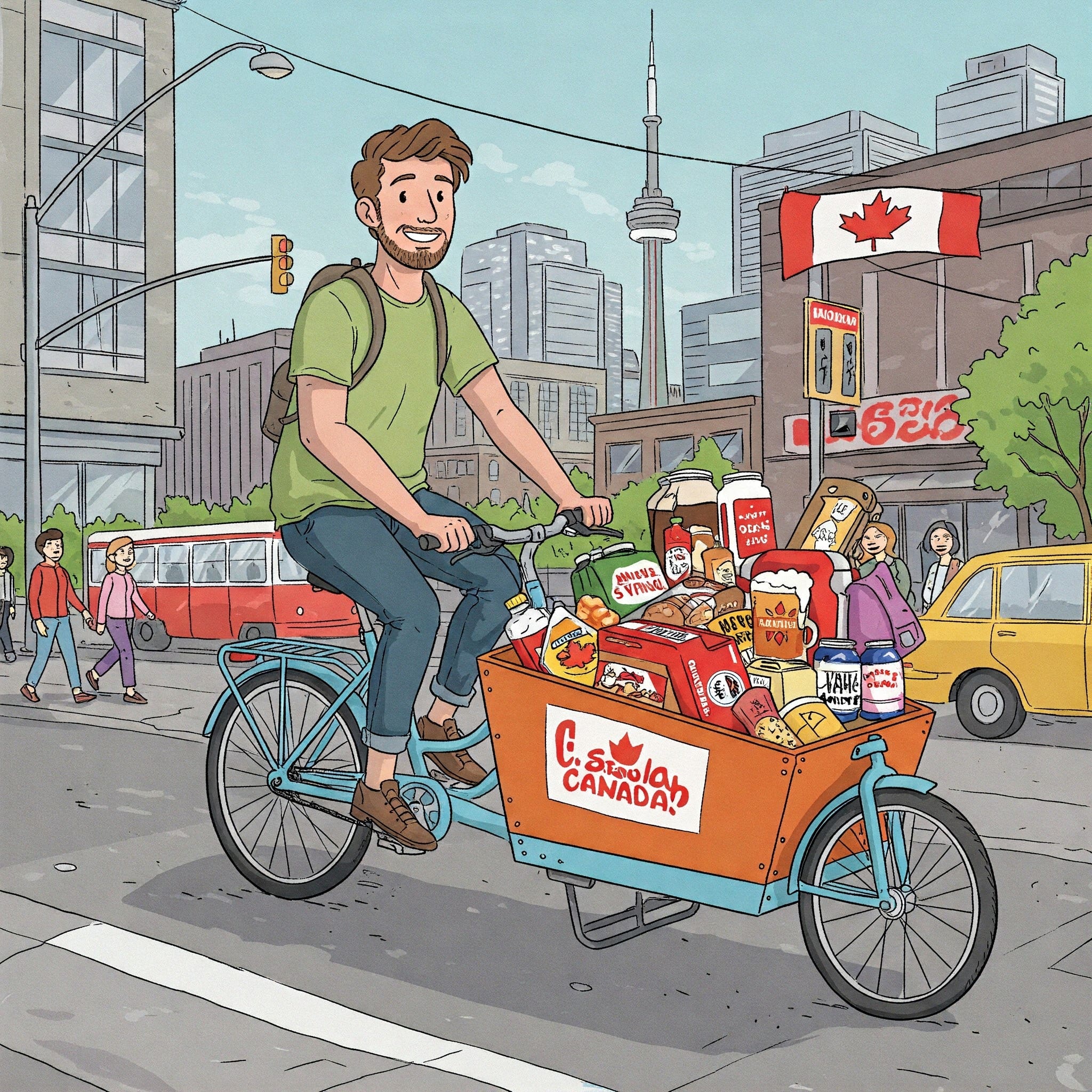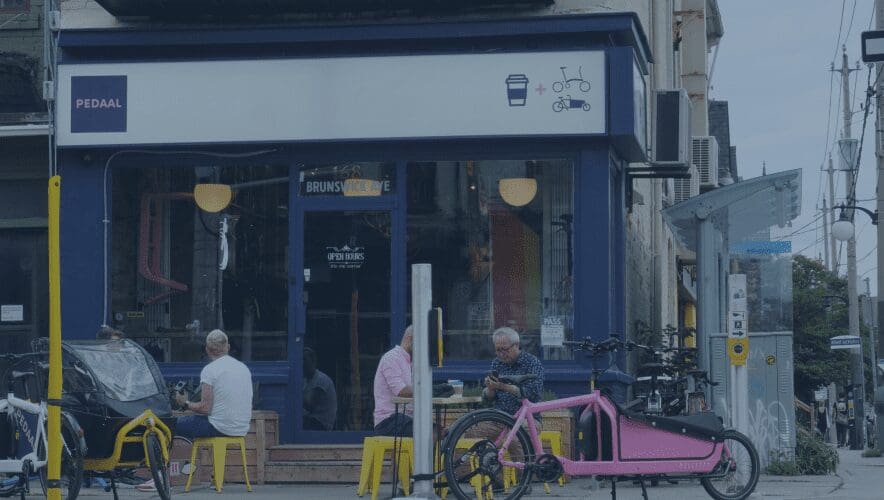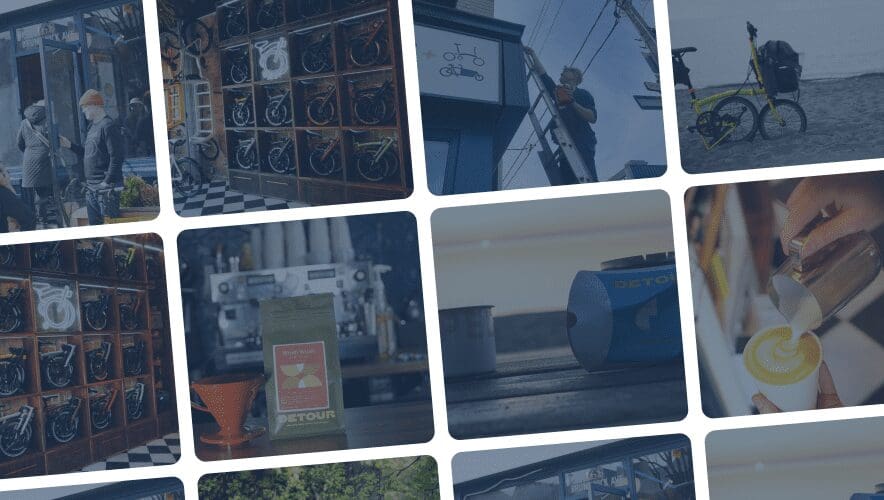On March 26th, the United States announced a 25% tariff on the automobile industry. Ontario Premier Doug Ford has warned that job losses in the province alone could exceed 500,000, while the cost of vehicles may rise by 25% or more. These tariffs violate the USMCA, and Mark Carney is right to call them a direct attack on Canada. But this challenge presents an opportunity. Throughout history, economic downturns have pushed Canadians to reconsider costly inefficiencies. With mounting frustration over U.S. trade policies, a shift away from north-south dependence is already underway. Canada often prides itself on European-style values. Perhaps it is time to go further and embrace European-style mobility. If Donald Trump believes life, liberty, and happiness depend on four wheels, then let’s take control of our own freedom and sovereignty. Want to raise two middle fingers? Do it on two wheels!
Driving Change
It is easy to think that people promoting city cycling are Pinko’s or zealots, but this is hardly the case. At Pedaal, our vision for a bright future would be to mirror the Netherlands, where car ownership and bicycle ownership are both the highest in Europe. That’s because in the Netherlands, car ownership and bicycle ownership are complimentary. There are many trips that a car cannot compete with. Likewise, there are many trips that a bicycle cannot compete with. Economically, it’s straightforward: if most short trips are done by bike, the money saved helps cover the cost of a car when needed. In North America cars are often used for short trips and bicycles are viewed as expensive. That’s ass-backwards.
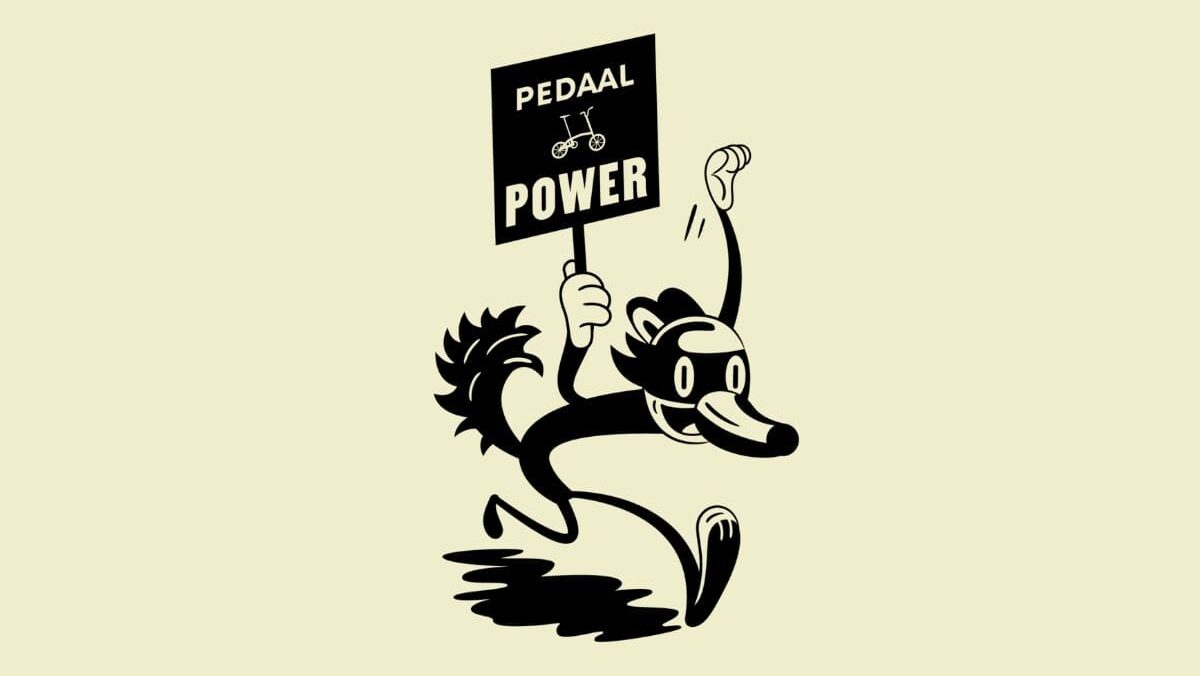
Consider that in North America, the vast majority of car trips are under five kilometres. If a bad habit is repeated behavior that is detrimental to a person’s well-being, productivity, or goals then this is a fine example. That’s because if everyone uses a car for the same short distance, then everyone is producing the self-sabotaging gridlock that increases stress, kills productivity and successively chips away at goals.
Lost Opportunities
According to the Dutch, a car cannot compete in distances under 7.5km. This is not just true for the Netherlands, it is true for any urban centre. Unlike a car, a bike cuts through traffic congestion, it operates door-to-door, and has predictable travel times, even in rush hour. Now consider that a city like Toronto loses $44B in lost economic opportunities per year because of these self induced bottlenecks. Toronto now also has the third worst gridlock in the world. That makes Canadians more like Americans than we care to admit!
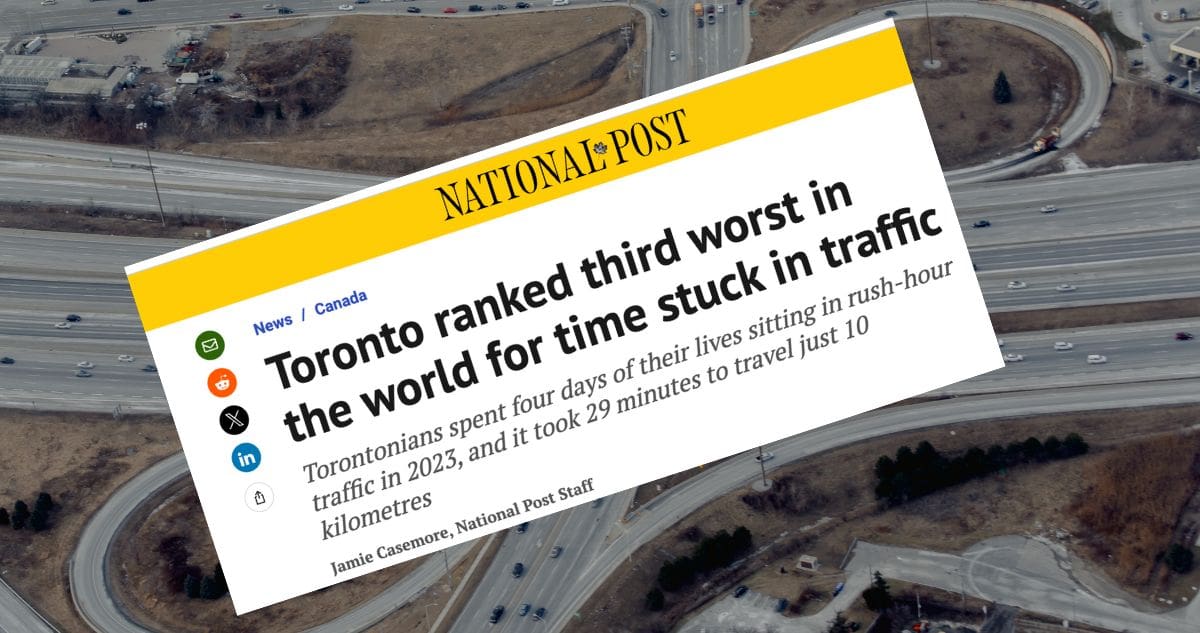
Riding a bike is an act of economic self-interest. But that doesn’t mean abandoning cars altogether. Canada’s vast landscapes and road-trip culture remain integral to its identity. The goal is a pragmatic approach that makes our country more efficient without sacrificing personal freedom. The more we ride bikes, the more we can afford our cars. So, you want to do something good for Canada and yourself? Ride a bike!
Re-Tooling
Changing your habits is a form of re-tooling, and many Canadians are already re-tooling their purchasing away from the USA and towards Canada and it’s free-trade partners in the UK, EU, and beyond. Using a bike is also a form of re-tooling. We’ve said a bike can outcompete cars for some trips and cannot possibly compete for others. But, what does that mean? Not surprisingly, this has to do with range. In the Netherlands, the Dutch government segments range into three different types and analyzes the competition in terms of the tools used. If you want to re-tool it’s quite helpful to understand the competitive benefit of each tool. Here’s how it looks:
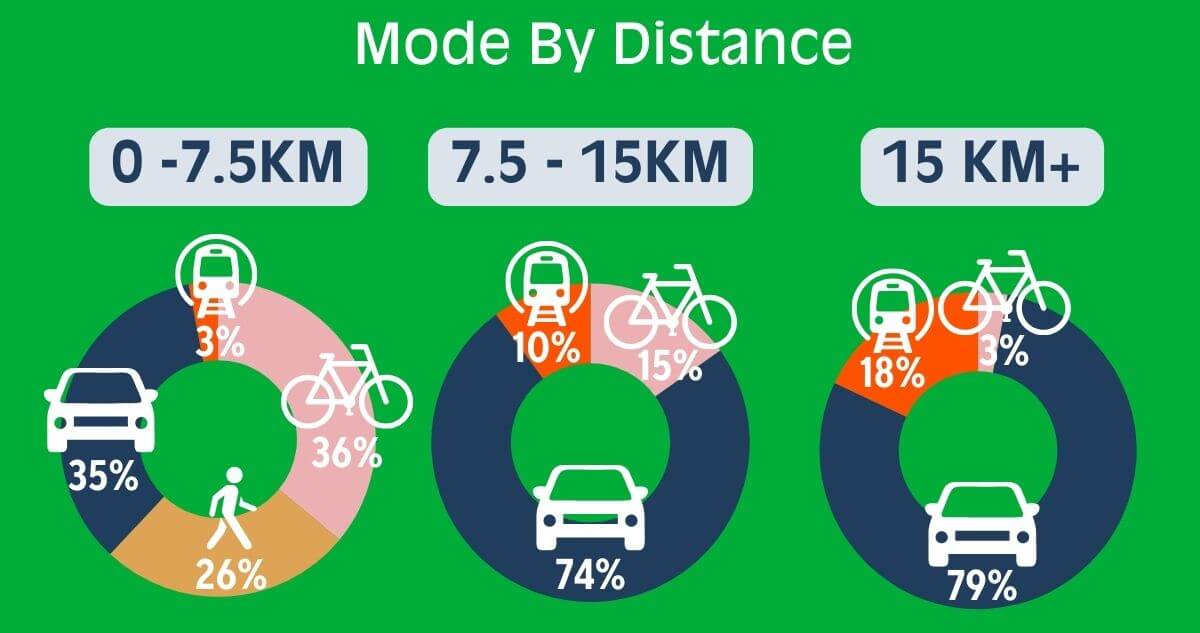
Despite romanticized views of the Netherlands as a bicycle utopia, our chart shows that the reality is not what you’d expect. There are a lot of cars, but they’re being used strategically. A closer look at Dutch transportation data reveals that walking is most common under one kilometer, and only beyond 3.7 kilometers do cars start gaining traction. The same framework applies to Canada’s cities. For distances under 7.5 kilometers, bicycles restore freedom of movement – no fuel costs, no gridlock, and no wasted time. This is the change we’re driving for!
Real World Example
Look, we are not economists. We have no solution for the loss of jobs or the recession our country is about to face. But, what is clear to us is that we cannot afford the gridlock that clogs the arteries of our cities. Up to now, perhaps we thought we could afford this. Up to now, we may have paid for congestion with traffic tickets, high blood pressure and lost productivity. That’s the thing about a bad habit. You can afford it, but you’re also paying for something you despise. With Spring around the corner, what better time to re-tool?
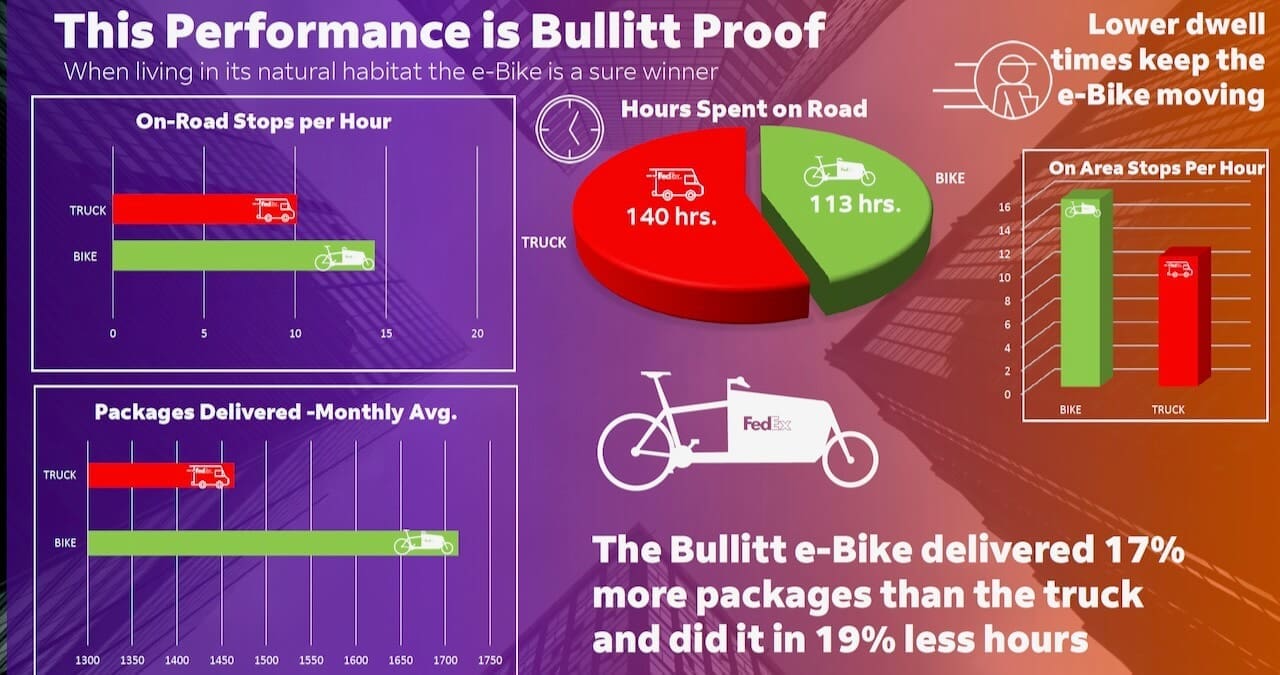
But, stuck on the same roads as cars are people who cannot afford it. And, these are companies like FedEx who could not tolerate their vans being stuck in traffic. In the delivery of a package, the last segment of delivery – the so-called “last mile” – consumes 53% of all delivery costs. They decided to do something about it. Between 2019 and 2022, Pedaal’s Eric Kamphof sold over 100 Bullitt cargo bikes to FedEx. Today, each bike outperforms an entire delivery van by delivering 19% more packages in 17% less time, all at a fraction of a delivery vans cost. If you live in the “last mile” – where the majority of your trips could be under 7.5km – it doesn’t make sense to drive. This just creates more self-sabotaging gridlock. As FedEx has proven, it makes more sense to ride a bike.
Better Neighbours
Canada has always been rather famous for cities like Toronto, Vancouver and Montreal that continued to grow healthy and dense urban centres, while cities like New York saw massive urban decline and endemic crime to the point of bankruptcy. Montreal was one of the first cities to pave bike lanes, already back in the 1980’s, and despite a flirtation with the automobile, many Canadian cities shut down highway expansion to ensure suburban commuters didn’t take priority over dense urban neighbourhoods. In this way Canada is already more like Europe and less like the USA.
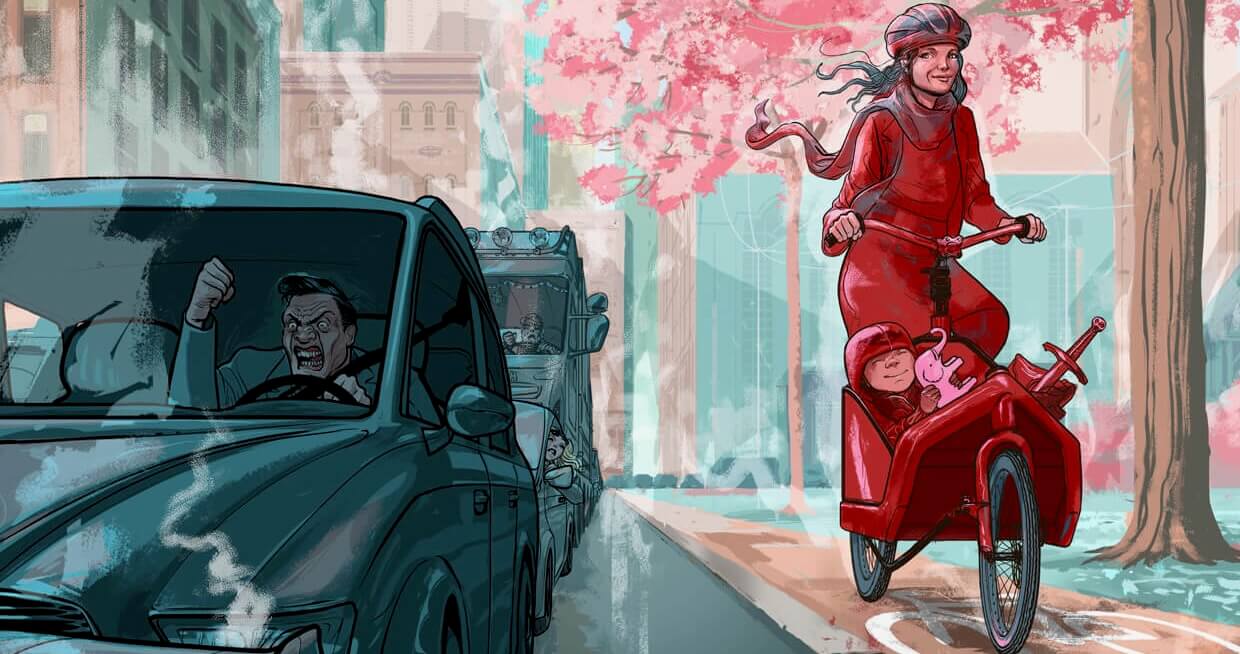
Consider this: in the United States, the 130 cities with populations exceeding 200,000 have an average Walk Score of 48. In Canada, the average walk-score for cities with populations exceeding 200,000 is 57. Many Canadians, in other words, live higher proximity lives. Walk scores are interesting because they measure a type of value system, a value system that privileges proximity to work, play and home. It’s a value system that brings everything a little closer together, especially people. This more neighbourly approach is what makes Canadians great. We live in cities where cycling connects urban distances faster than a car, but also in cities that are safe and you can ride side-by-side with other neighbours rather than being sealed up in a car.
The Right Tools
When it comes to bicycles, Canada is famous for producing some of the world’s best. Vancouver’s North Shore is the muse and mecca for the world’s mountain bikers and brands like Cervelo won the Tour De France. Yet, Canada has failed to produce bikes designed for its cities. That’s why looking to Europe makes sense. Luckily, Canada maintains friendly free-trade relations with Europe and the UK. Maybe it’s time to take those more seriously.
At Pedaal we sell the most advanced solutions Europe has to offer. A Bullitt cargo bike is the lightest and most modular cargo bike on the market. The Black Iron Horse cargo trike is best in class for stability, steering and quality. And, in a world where most bikes are designed to escape the indoors, a Brompton folding bike is designed for city life, where indoors and outdoors are a constant reality. Best of all, these solutions come from the UK and the EU, two regions that maintain friendly free-trade relations with Canada. As Canadians begin to rethink their north-south relations, we are beginning to look east and west for new opportunities. This gives us a chance to import products and solutions that make Canadians more Canadian. And, more competitive.
Safety
For many new cyclists, safety is the primary concern. At Pedaal, the majority of customers are first-time riders – parents transporting children, professionals commuting downtown. Their hesitation is understandable, but often misplaced.
Pedestrians have the highest injury rates in cities like Toronto, yet walking remains routine. Cars have the highest fatality rates, yet people continue to drive. Just as an outsider may view subways as dangerous while locals find them mundane, the perceived risk of cycling often outweighs actual danger. Our experience is that once customers experience city cycling, fears dissipate. One thing for sure is that there is safety in numbers, and as everyone unpacks their bikes this Spring, you are one of many new cyclists re-tooling their lives, getting to work faster, and having a much better time.
Conclusion
More than just a personal choice, advocating for bike-friendly cities is a rejection of the car-dominated infrastructure that the U.S. has politically supported for decades. While American cities sprawl outward and sink under the weight of congestion and inefficiency, Canadian cities have an opportunity to push forward, designing urban spaces that are smarter, more efficient, and more livable. Life in the last mile is great. Higher walk scores shrink distances and lower car dependency. Using a bicycle means we can be more independent and depend less on our neighbours to the south.
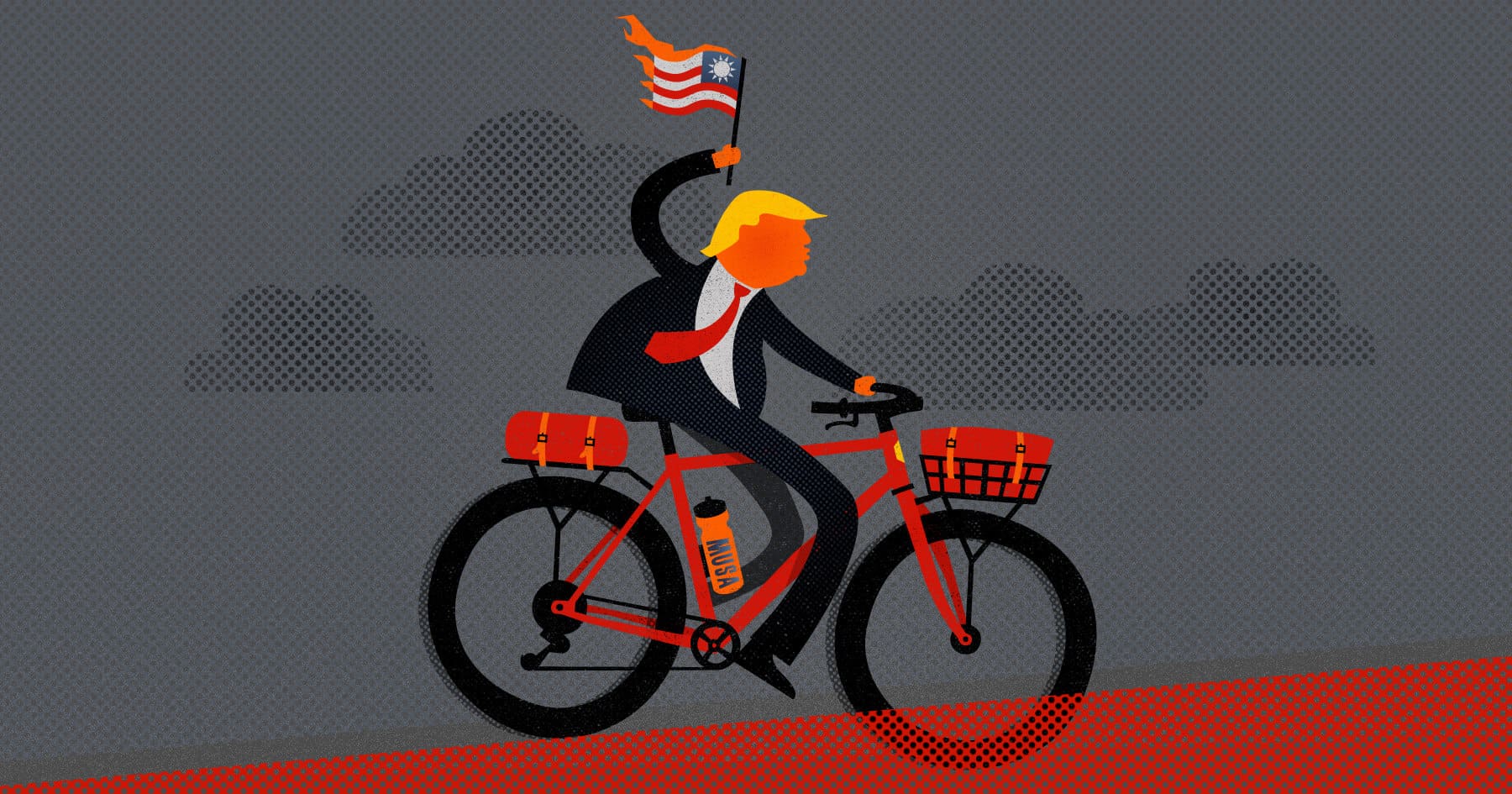
But, in a time of economic uncertainty, cycling is an act of financial self-preservation. Tariffs aim to raise consumer costs on Canadian cars, but riding a bike saves money on fuel, maintenance, and insurance. So, to Trump and his short-sighted economic policies, we will not be forced into financial submission. We will not let America’s dysfunction become our burden. Chances are good the tariffs will backfire anyways, that they will drag America down. Look, we don’t need to be dragged down with them. It’s become very clear that Canadians need to re-tool and find new partners. Trump thinks submission and liberty are tied to four wheels. Well, Spring is here and it’s looking like a good day for a bike ride. Maybe we can save the day with two.

